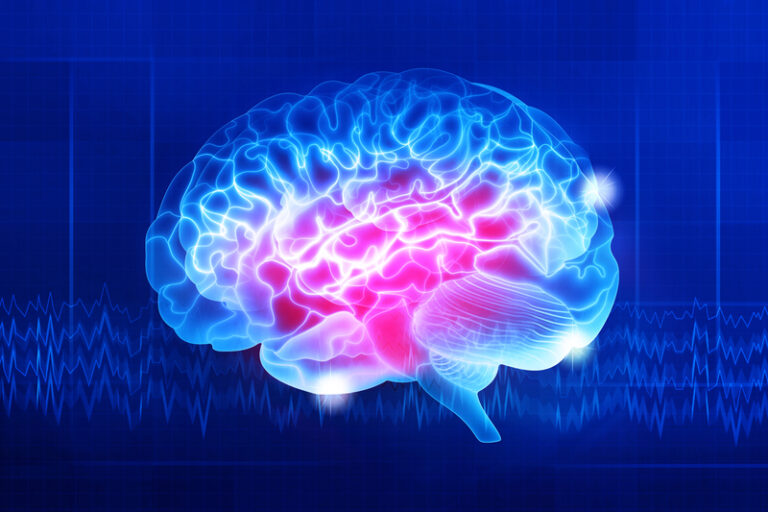The past few years we’ve read headlines revealing the findings of research regarding “post-concussive syndrome”. We have learned that injury to the brain can lead to long term cognitive deficits such as dementia, emotional instability and certain psychiatric illnesses, impaired attention and memory, impaired expressive language and others. Sonja Orloska, MD, of the Psychiatric Centre Copenhagen, lead author of a study published in The American Journal of Psychiatry, says that these injuries can increase the risk of emotional/psychiatric disorders by 439 percent! This Danish study included 1.4 million people born between 1977 and 2000.
This is both disconcerting and exciting. The link appears to be an auto-immune reaction. However, with these and other findings, we are gaining a greater understanding of the mechanisms behind auto-immunity. Further, it is also revealing some tools which are promising in their ability to thwart the onslaught of auto-immune disorders, especially of the brain.
There are many auto-immune diseases of the brain – Autism Spectrum Disorder, Vasculitis, Multiple Sclerosis, likely Tourette’s Syndrome, Alzheimer’s, Schizophrenia, Encephalopathy and others. Auto-antibodies (also referred to as “anti-brain antibodies”) have been found in the blood of sufferers of the above disorders, and also in the blood of chronic alcoholics.
Jeff Bazarian, M.D. of University of Rochester Medical Center, often quoted regarding his findings with post-concussive syndrome, says that excessive jostling of the brain – not quite a concussion – could also lead to an auto-immune condition.
Damage from infection has long been implicated as a cause of auto-immune disorders, and that has now been expanded to include trauma – of the brain and any other organ or tissue. The body’s immune system initially goes into a normal reaction to the proteins released as part of the damage from trauma and infection. If not healed properly, the immune system seems to go beyond its normal parameters and “attacks” the host organ (in the case of this article, the brain), continuing to exert its damage beyond what was already injured.
In the relationship of psychiatric disorders and head injuries they have surmised that inflammation and damage to areas of the brain controlling behavior, and possibly the injury adversely affecting the neurotransmitters – the brain’s communication hormones – are the reasons for the post-concussive mental illnesses.
We are also learning more about our role in combating this degenerative situation and promoting healing such that the immune system doesn’t go beyond its normal bounds. This is most important immediately past a head injury or other trauma, but also can be applied in chronic situations as well.
Although immediately following any brain injury conventional medicine is a must, post-injury help is possible. And the sooner, the better.
©2017 Holly A. Carling, O.M.D., L.Ac., Ph.D.







